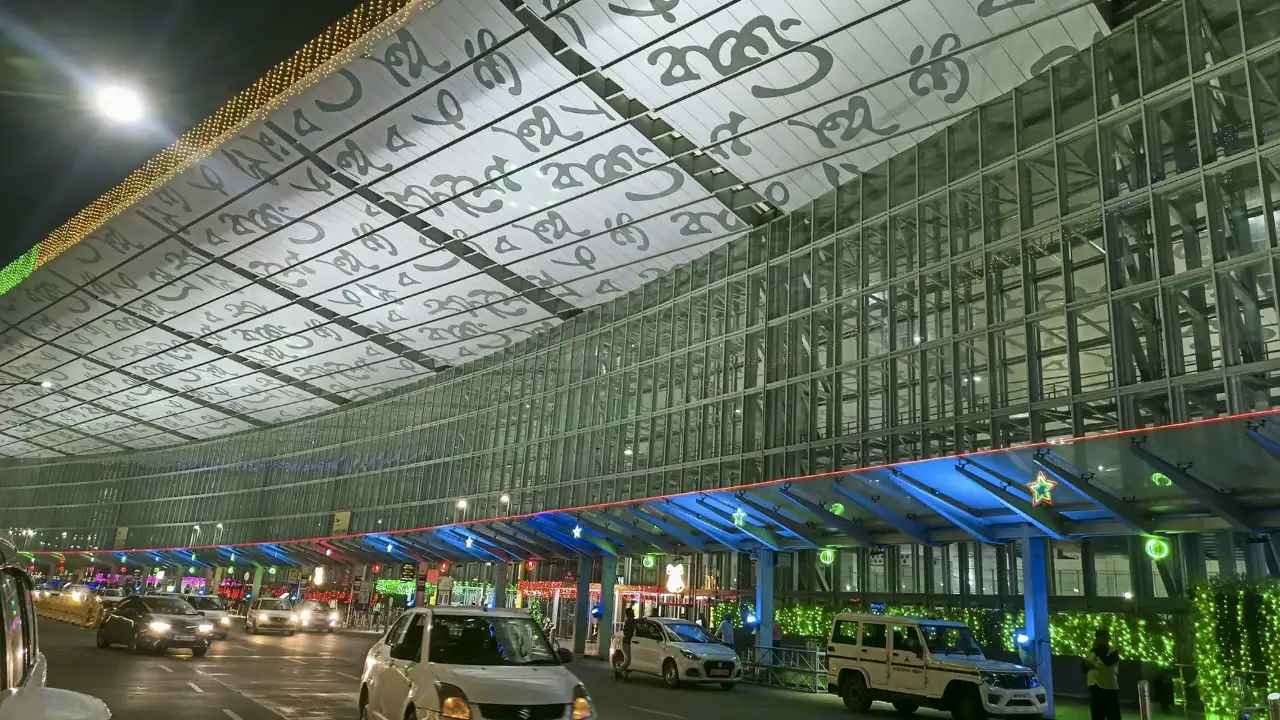
Follow WOWNEWS 24x7 on:
Updated: July 26, 2025 23:38

The year 2025 has ushered in a new era where the boundary between office and oasis is rapidly dissolving. The work-from-vacation (WFV) wave is not just a trend—it’s a seismic shift, reshaping how the global workforce blends productivity, well-being, and wanderlust. Here’s how the workation revolution is redefining both desks and destinations around the world.
Key Highlights
WFV, or “work from vacation,” has emerged as a prime lifestyle statement, driven by advances in tech, shifting employer mindsets, and remote-ready jobs.
More than 65% of Indian travelers and nearly 70% of employees in major economies are exploring workations in 2025, reflecting strong preferences for freedom over traditional office-bound models.
Vacation, But Plugged In: Why WFV Wins
Many employees, liberated by high-speed internet and cloud collaboration tools, no longer limit travel to “vacation periods.” Instead, they’re taking their work on the road—swapping cubicles for beach huts and city flats for mountain lodges, provided there’s solid connectivity.
Smart resorts and travel agencies are now marketing “work-ready getaways.” On-site coworking lounges, ergonomic setups, and tech support are the new must-haves for booking comfort.
Businesses are offering travel stipends or flexible work weeks, recognizing the talent retention and creativity boost from a recharged workforce.
Culture Shift: A New Vision of Productivity
Once considered taboo, blending business with pleasure is becoming normalized, especially as workplace culture adapts to value output over face time.
Over 90% of remote workers say flexibility enhances their well-being and makes them more likely to stay with their employer.
Traditional boundaries between work and personal time are dissolving, with many employees working partial days or asynchronous hours from their holiday location.
The Wellness Payoff
The rise of WFV is a direct counter to digital burnout and the relentlessness of modern work. Short workations or extended stays allow for:
Stress reduction through greener, more scenic settings.
A renewed sense of creativity and problem-solving.
Improved overall job satisfaction and mental health.
Challenges and Careful Balances
While WFV promises freedom, it doesn’t come without pitfalls:
Seventy-nine percent of employees admit to feeling pressured to maintain full productivity on vacation.
Lines can blur too much, leading to missed family time or the sense of “never truly switching off.”
Not every job or team supports this degree of flexibility, and inequities can arise for those in roles requiring physical presence.
The Outlook for 2025 and Beyond
For companies, the message is clear: workplace policies must prioritize flexibility, ensure tech access, and address work-life boundaries. For individuals, the workation trend offers a powerful antidote to monotony and a passport to global lifestyles once limited to dreamers.
The vacation desk is no longer a perk—it’s the future of work.
Sources: Bisinfotech, HR Future, The Next Scoop, Dayforce/HR Dive, Archie, Forbes Advisor India, We Work Remotely, Vygr News

